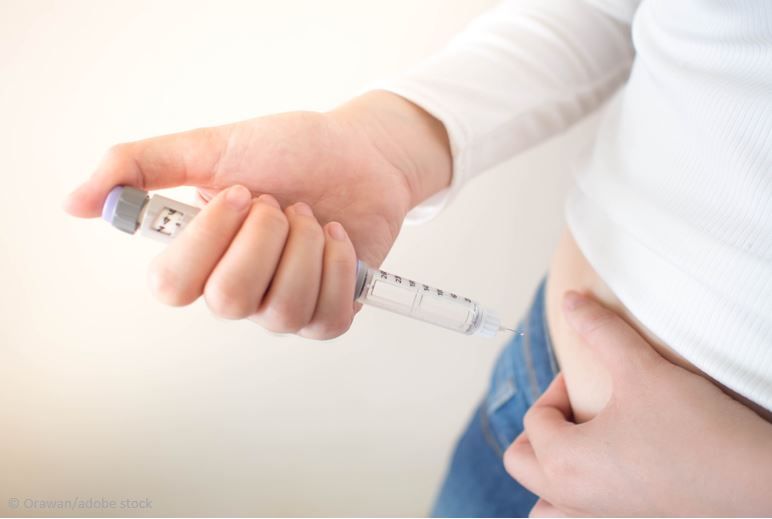The age at which a woman is diagnosed with either type 1 or type 2 diabetes (T1D, T2D) may be a predictor of age at which she will enter menopause if diagnosed earlier in life, ie, before age 40 associated with earlier onset of natural menopause and the same association observed for diabetes diagnosis at later age and later onset of menopause.
The findings, recently presented at the 2022 North American Menopause Society (NAMS) Annual Meeting, may contribute to a better understanding of the “long-term effects of diabetes on the human body and reproductive system,” said lead researcher Vrati Mehra, MSc. from the University of Toronto, in a NAMS statement.
Rates of T1D, T2D and gestational diabetes continue to rise worldwide, leading to a growing number of women who will spend a large part of their reproductive lives with the chronic metabolic disease, Mehra and colleagues write in the study abstract. To provide context for their research, the team cites previous studies that used cross-sectional analyzes to examine the association between diabetes and age at natural menopause or assessed the risk of developing postmenopausal diabetes. According to the authors, there is minimal evidence for the impact of premenopausal onset of diabetes on menopausal age.
Her contribution to the literature is a retrospective cohort study based on data from the Canadian Longitudinal Study on Aging (CLSA), a national longitudinal study of adult development and aging that followed approximately 50,000 Canadian women between the ages of 45 and 85 at recruitment. The study will collect data on biological, medical, psychological, social, lifestyle and economic aspects of participants’ lives for 20 years (until 2033) or until death.
Rates of T1D, T2D and gestational diabetes continue to rise worldwide, resulting in an increasing number of women spending a large part of their reproductive life with the chronic metabolic disease.
The investigator’s final sample was 11,436 and was weighted to represent nearly 1.5 Canadian women ages 45 to 85. The cohort had a mean age of 52 years at menopause. Analyzes included cumulative Kaplan-Meier survival estimates to calculate median age at menopause by diabetes subtype. Multivariable Cox regression models were used to estimate associations between different types of diabetes and age at menopause, adjusting for sociodemographic, lifestyle, and premenopausal clinical factors.
RESULTS
Mehra et al. found that a diagnosis of T1D before age 30 and a diagnosis of T2D by age 30 to 39 were both associated with an earlier age at natural menopause compared to participants without a diagnosis of diabetes:
- T1D <30: HR, 1.55, 95% CI 1.05-2.29
- T2D 30-39: HR, 1.82, 95% CI, 1.12-2.95
They report that later age at diagnosis of T2D (>50 years) was associated with later age at natural menopause (HR, 0.39 [95% CI, 0.27-0.56]). According to the study summary, no significant association was observed between gestational diabetes and age at menopause.
“This research adds to the growing evidence of the collective burden of diabetes on the human body,” said Stephanie Faubion, MD, NAMS Medical Director, in the NAMS statement. “In this case, it shows that young women living with a diagnosis of diabetes are more prone to accelerated ovarian aging and early menopause.”
The authors hope the findings will help focus future research on the long-term consequences of diabetes on women’s overall health, and particularly on reproductive health across the lifespan.
Relation: Mehra V, Costanian C, McCague H, et al. The association between diabetes type, age at onset, and age at natural menopause: a retrospective cohort study using the Canadian Longitudinal Study on Aging. Abstract presented at the 2022 North American Menopause Society Annual Meeting; 12-15 October 2022; Atlanta, GA. Thursday concurrent session #1 S-6.
#Early #diagnosis #diabetes #women #early #age #menopause #large #Canadian #cohort


Leave a Comment